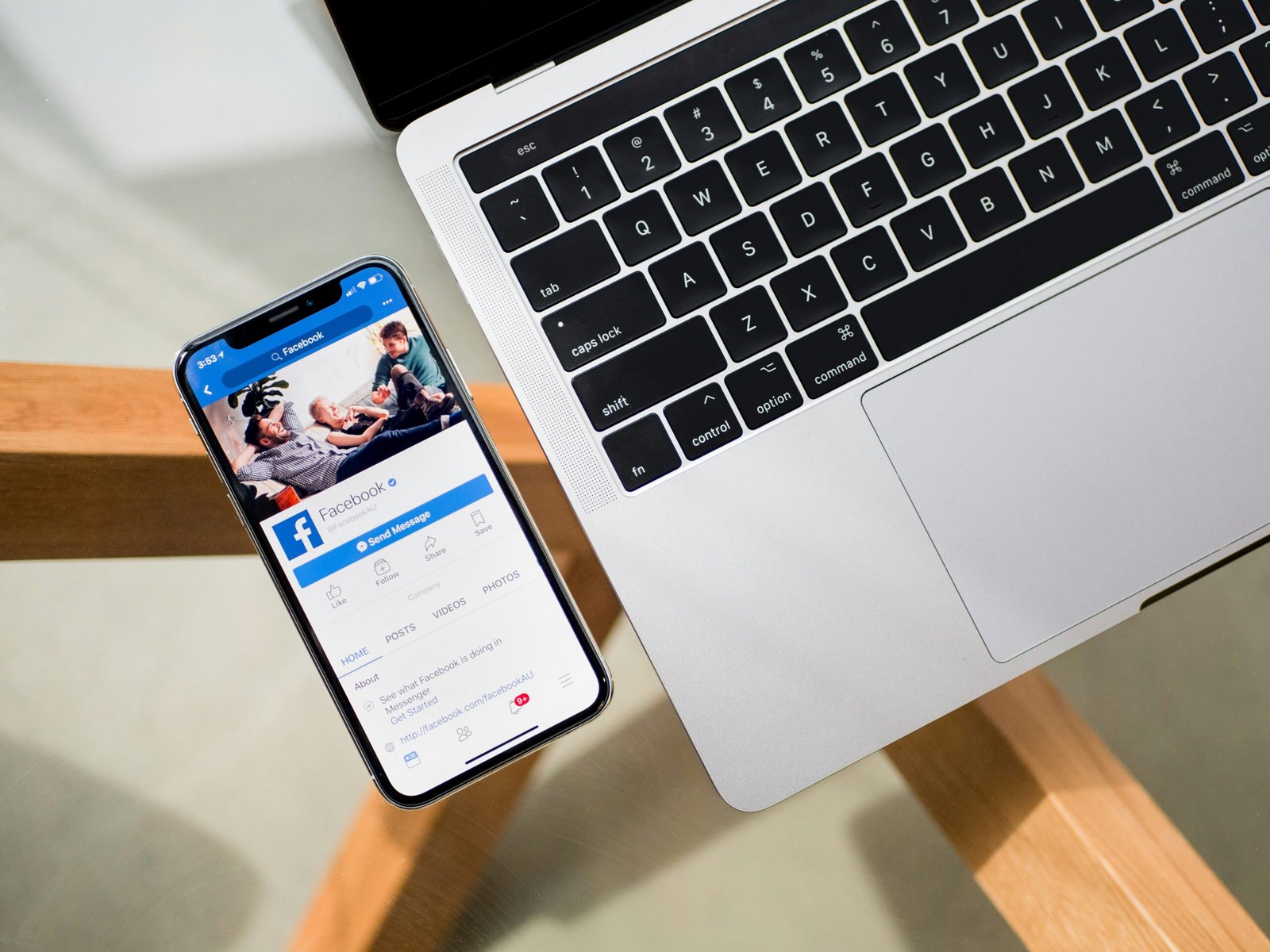Are Social Media Platforms Useful for Engaging Patients?
Social media has become an integral part of our daily lives, with people often spending hours each day scrolling through various platforms. But have you ever considered using social media as a healthcare provider to engage with your patients? In this article, we will explore how social media platforms can be a valuable tool for connecting with patients and providing them with valuable information and support.
Building Trust and Relationships
One of the key benefits of using social media as a healthcare provider is the ability to build trust and relationships with your patients. By sharing valuable and relevant content, you can establish yourself as a knowledgeable and trustworthy source of information. Patients are more likely to engage with a healthcare provider who they feel they can trust, and social media provides an excellent platform for building that trust.
Providing Access to Information
Another advantage of using social media to engage with patients is the ability to provide them with quick and easy access to information. You can share updates about your practice, schedule changes, and important health tips all in one convenient location. This can help to keep your patients informed and engaged, leading to better outcomes and increased patient satisfaction.
Connecting with Patients on a Personal Level
Social media platforms also allow you to connect with your patients on a more personal level. You can share behind-the-scenes glimpses of your practice, introduce your team members, and even share personal stories or experiences. This humanizes your practice and helps patients feel more connected to you as their healthcare provider.

This image is property of images.unsplash.com.
How to Effectively Engage Patients through Social Media
Now that we’ve established the importance of using social media platforms to engage with patients, let’s dive into some practical tips on how to effectively utilize these platforms to connect with your patients.
Create Engaging Content
The key to successful social media engagement is creating content that is both informative and engaging. Share a mix of educational articles, health tips, patient testimonials, and behind-the-scenes content to keep your followers interested and coming back for more. Remember to vary your content to cater to different interests and preferences.
Use Visuals to Capture Attention
In a sea of constant content, it’s important to capture your followers’ attention with eye-catching visuals. Use images, videos, and infographics to make your posts stand out and convey your message effectively. Visual content is more likely to be shared and can help increase engagement with your posts.
Encourage Two-Way Communication
Engagement is a two-way street, so it’s important to encourage feedback and interaction from your followers. Ask questions, run polls, and respond to comments to create a dialogue with your patients. This shows that you value their input and are willing to listen to their concerns.
Utilize Healthcare Hashtags
Hashtags are a powerful tool for reaching a wider audience on social media platforms. Use relevant healthcare hashtags in your posts to increase visibility and attract followers who are interested in healthcare-related topics. Research popular healthcare hashtags in your niche and incorporate them into your content strategy.
Offer Exclusive Promotions and Discounts
Everyone loves a good deal, so why not offer exclusive promotions or discounts to your social media followers? This can incentivize engagement and encourage patients to follow your accounts to stay updated on special offers. Consider running contests or giveaways to reward loyal followers and attract new ones.
Best Practices for Healthcare Providers on Social Media
As a healthcare provider, there are certain best practices to keep in mind when engaging with patients on social media. Follow these guidelines to ensure that you are using social media platforms effectively and ethically.
Maintain Patient Confidentiality
Patient confidentiality is of the utmost importance in healthcare, and this extends to social media as well. Never share any personal or identifiable information about your patients on social media, even with their consent. Always obtain written permission before sharing any patient stories or testimonials.
Provide Accurate and Reliable Information
As a healthcare provider, it is your responsibility to provide accurate and reliable information to your patients. Avoid sharing misinformation or unverified claims on social media, and always cite credible sources when sharing health tips or advice. Remember that your followers look to you for trustworthy information.
Monitor and Respond to Feedback
Social media is a two-way conversation, so it’s important to monitor feedback from your followers and respond in a timely manner. Address any questions, concerns, or feedback that you receive on social media, and take the opportunity to engage with your patients and provide them with the information they need.
Stay Professional at All Times
While it’s important to connect with your patients on a personal level, it’s equally important to maintain a professional demeanor on social media. Avoid sharing personal opinions or engaging in controversial topics that could alienate your followers. Remember that you are a healthcare provider first and foremost.

This image is property of images.unsplash.com.
Case Studies: Successful Social Media Engagement in Healthcare
To further illustrate the power of social media engagement in healthcare, let’s take a look at some real-life case studies of healthcare providers who have successfully used social media platforms to connect with their patients.
Case Study 1: Mayo Clinic
Mayo Clinic is a leading healthcare provider that has leveraged social media to engage with patients and provide valuable information. The clinic uses platforms such as Twitter and Facebook to share health tips, patient stories, and updates about their practice. By engaging with their followers and providing timely and accurate information, Mayo Clinic has built a strong online presence and established themselves as a trusted source of healthcare information.
Case Study 2: Cleveland Clinic
Cleveland Clinic is another example of a healthcare provider that has successfully utilized social media to engage with patients. The clinic shares educational videos, patient testimonials, and health advice on platforms like Instagram and YouTube. By creating engaging and informative content, Cleveland Clinic has been able to reach a wider audience and connect with patients in a meaningful way.
Case Study 3: Dr. Mike Varshavski
Dr. Mike Varshavski, also known as Doctor Mike, is a popular healthcare provider on social media who has amassed a large following on platforms like Instagram and YouTube. Dr. Mike uses his platforms to share health tips, debunk medical myths, and provide insight into his life as a doctor. By engaging with his followers and providing valuable content, Dr. Mike has become a trusted source of healthcare information for millions of people around the world.

This image is property of images.unsplash.com.
In Conclusion
In conclusion, social media platforms can be a valuable tool for healthcare providers to engage with their patients and provide them with valuable information and support. By creating engaging content, using visuals to capture attention, encouraging two-way communication, and following best practices, healthcare providers can effectively utilize social media to connect with their patients in a meaningful way. By leveraging the power of social media, healthcare providers can build trust, provide access to information, and connect with patients on a personal level, ultimately leading to better patient outcomes and increased satisfaction.

